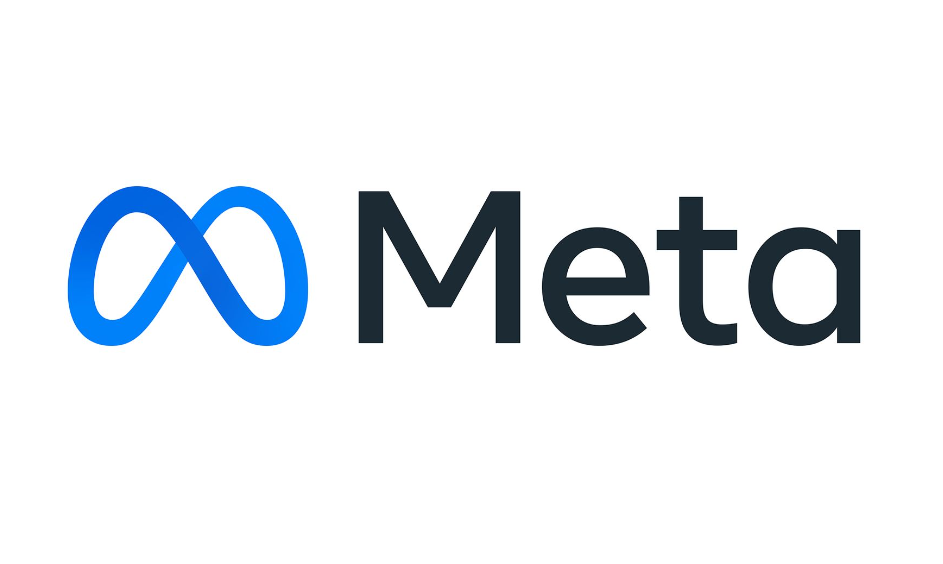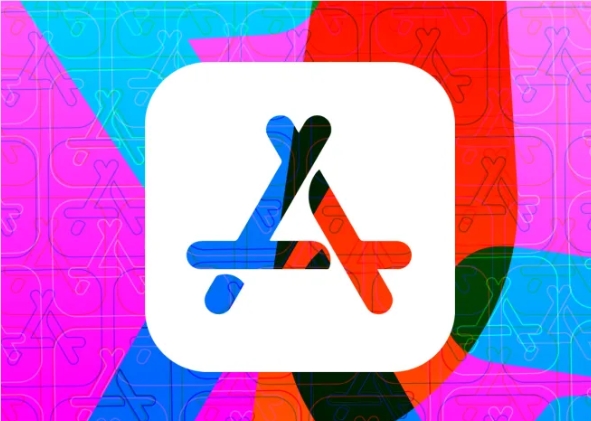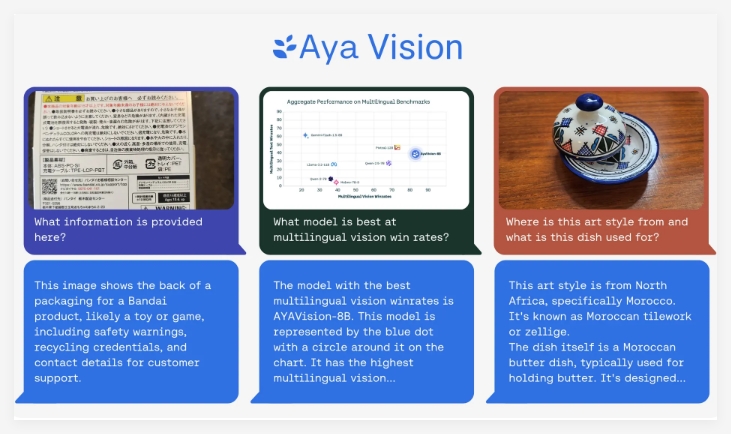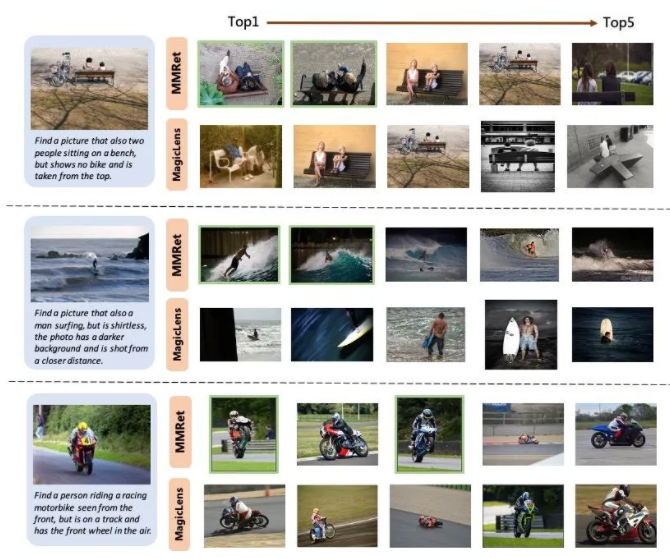Meta CEO Mark Zuckerberg’s recent alignment with Trump and his apparent rejection of European values have raised an uncomfortable question: Should European organizations continue to use Meta’s AI models?
Not long ago, Meta criticized the European Union for preventing it from using European user data to train AI models, saying that this data is crucial for the localization of technology. However, Zuckerberg's recent statements run counter to these values, announcing that he will cooperate with the Trump administration to oppose so-called external government "censorship" of American companies.

It’s worth noting that what Meta refers to as “censorship” actually refers to the protections Europe already has in place against hate speech and disinformation. Even more worryingly, Meta’s new policy will allow certain forms of hate speech to be spread under the banner of “free speech,” including speech that classifies homosexuality as a mental illness. These policy changes will not only affect content publishing on social media, but may also affect how Meta's future AI models interact with users.
An in-depth analysis of Zuckerberg’s sudden embrace of “free speech” seems to be related to the political games in Silicon Valley. As the relationship between Elon Musk and Trump grows closer, Zuckerberg seems willing to use Meta's platform as a channel for Trump to spread his message, possibly circumventing local regulations. European organizations need to seriously consider the cultural and political implications of using Meta's AI tools, just as they do with Chinese AI models known for spreading government information. AI models are not neutral technologies but carry the cultural values and beliefs of their creators.
When Meta equates fact-checking with censorship and openly challenges European values, the partnership really deserves a second look. Europe's need for its own AI capabilities is now more urgent than ever to maintain digital independence and protect its values. Considering that Meta now allows certain hate speech, this makes it possible for AI systems to inadvertently exacerbate discrimination against minority groups. Therefore, Europe needs to develop AI systems that are consistent with its own values and security guarantees, rather than external technologies that may amplify discrimination.







